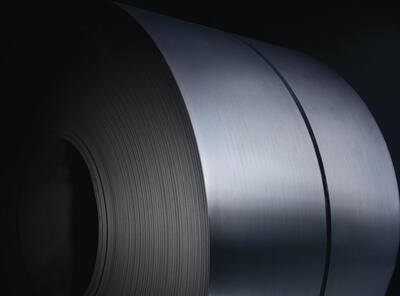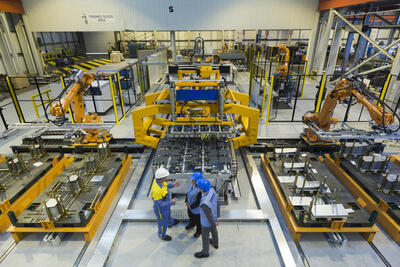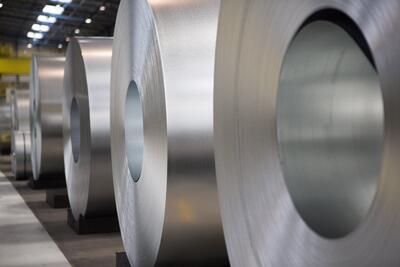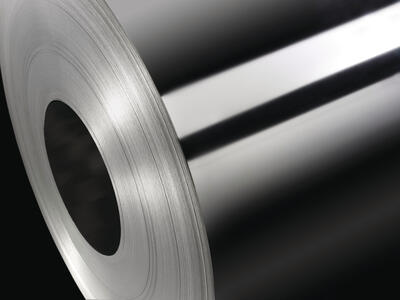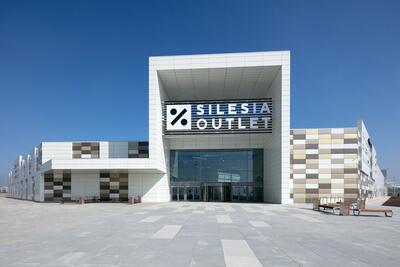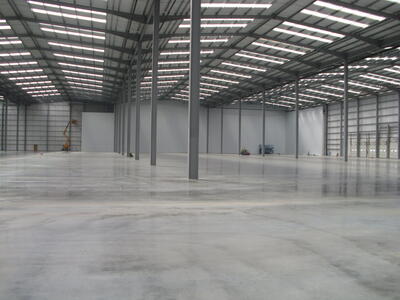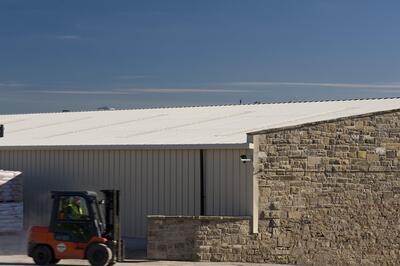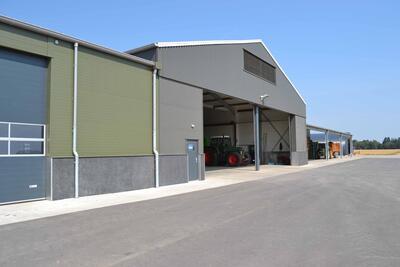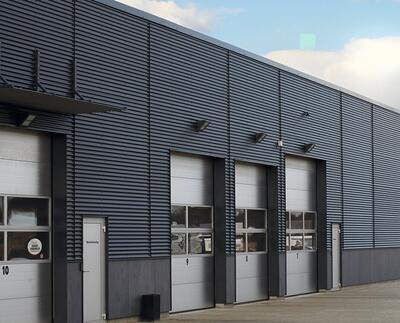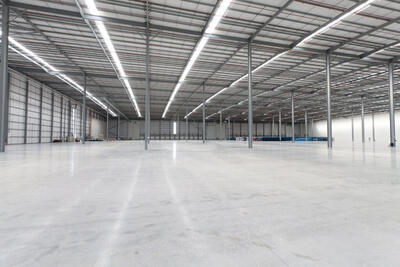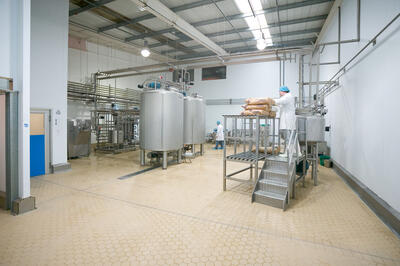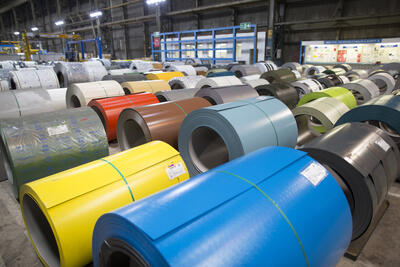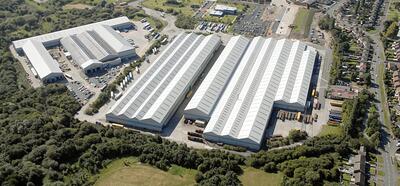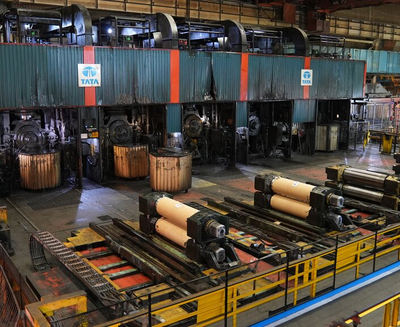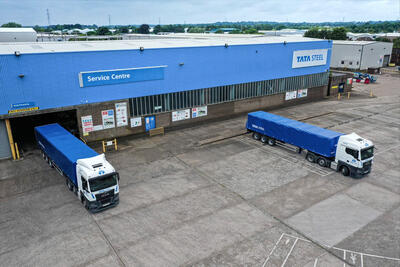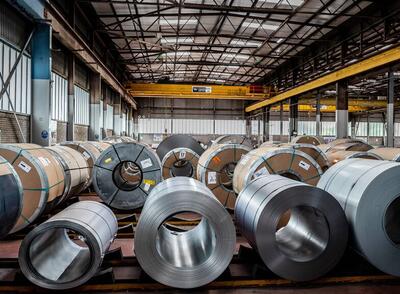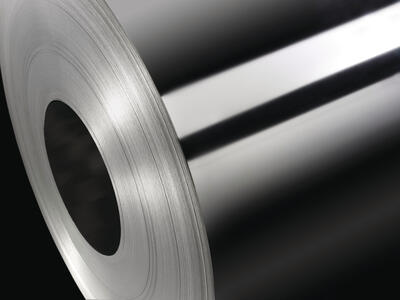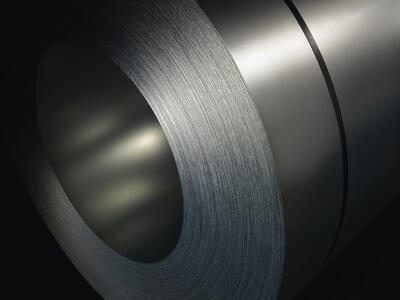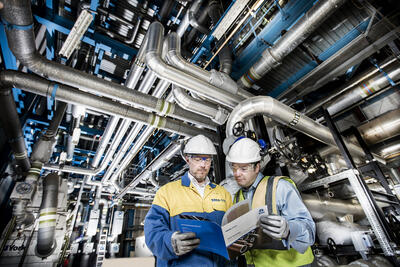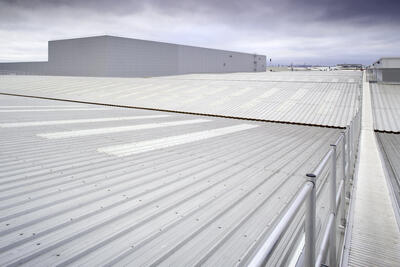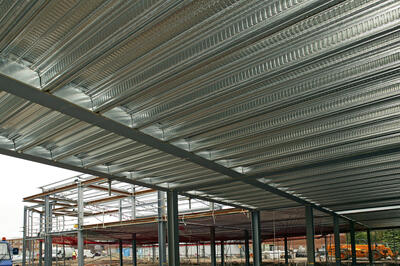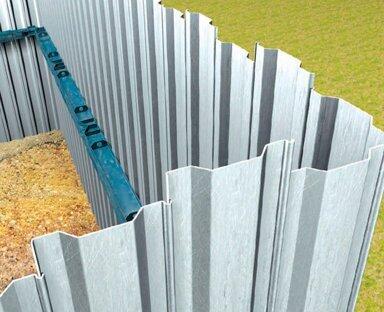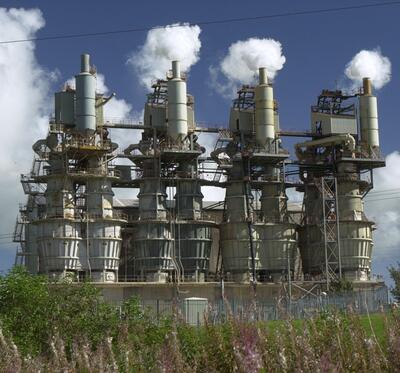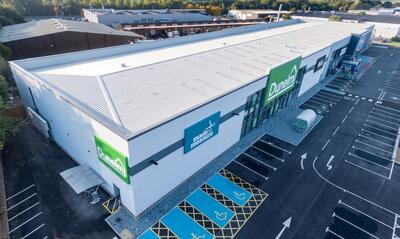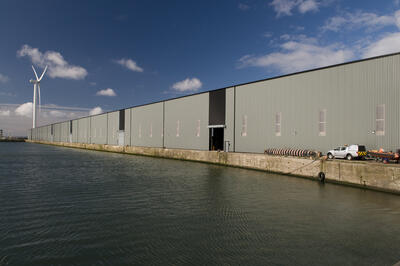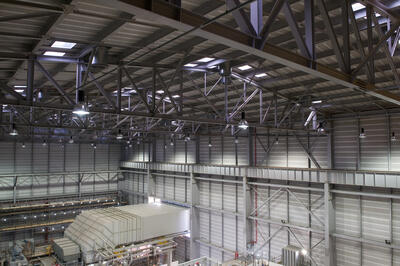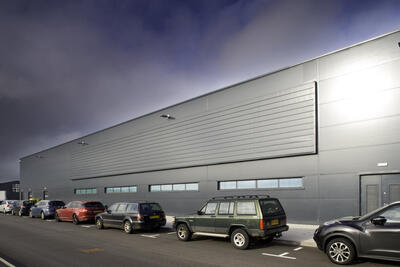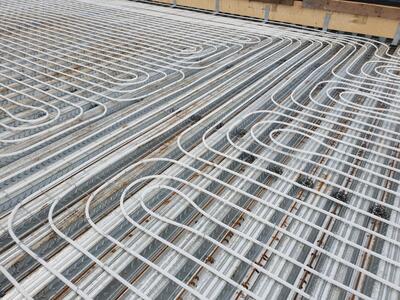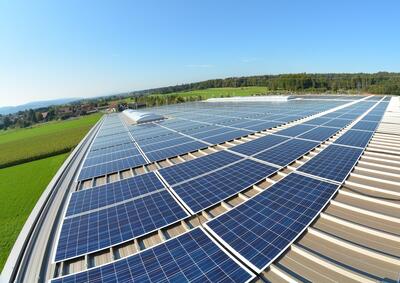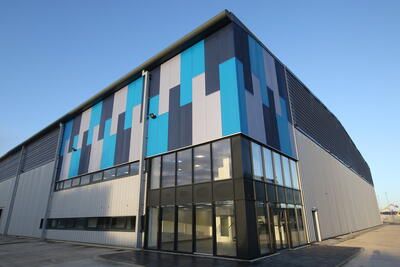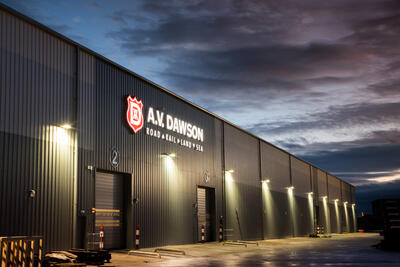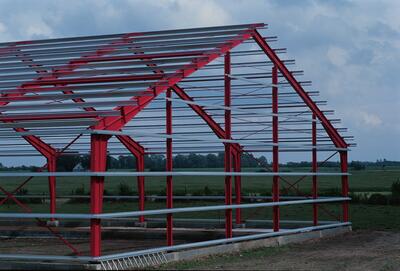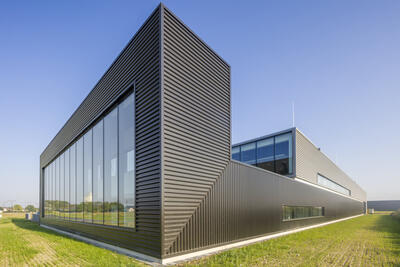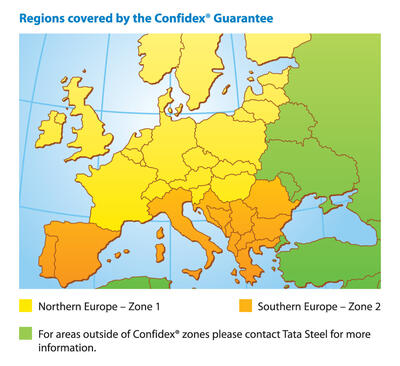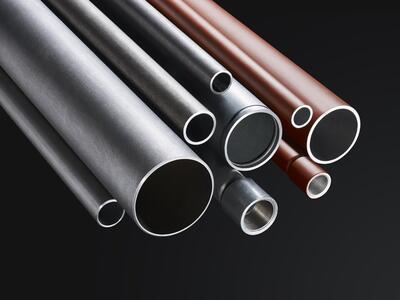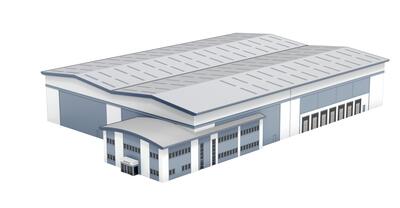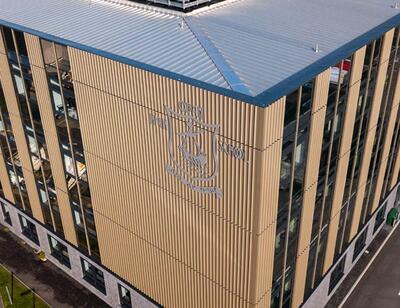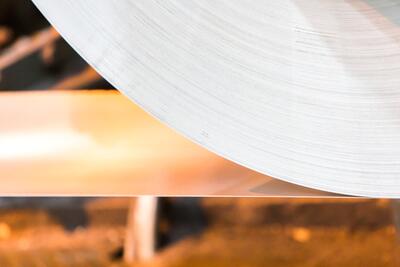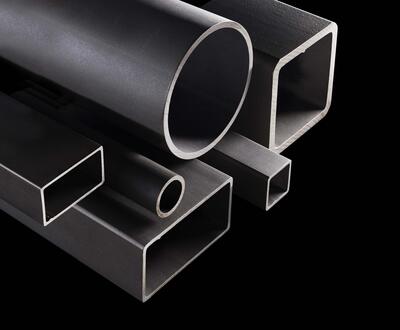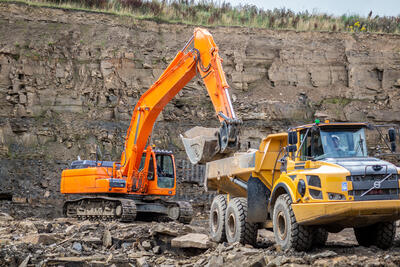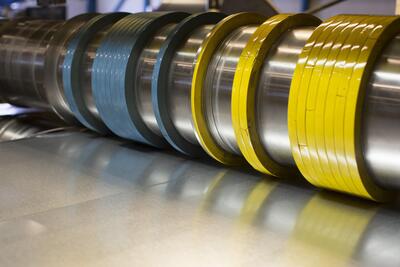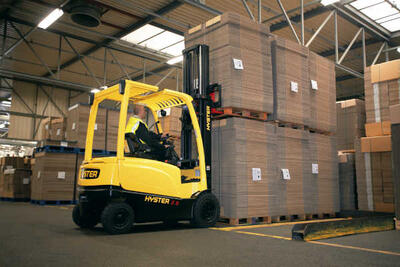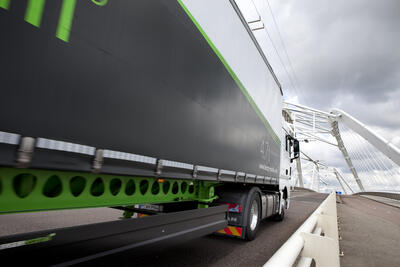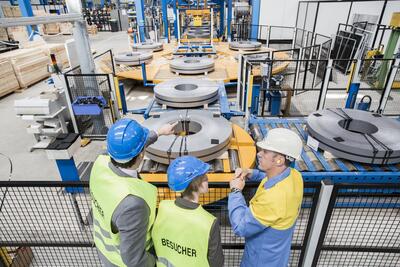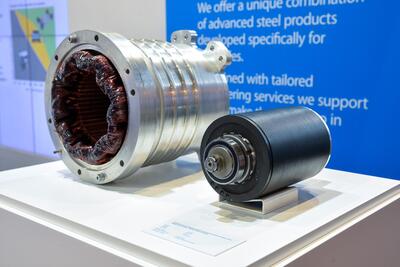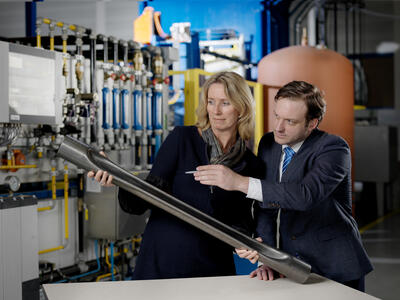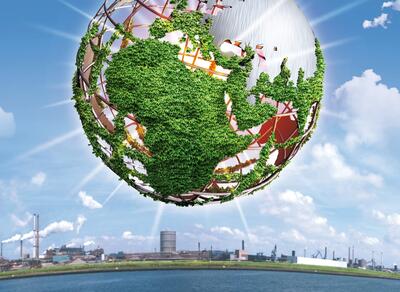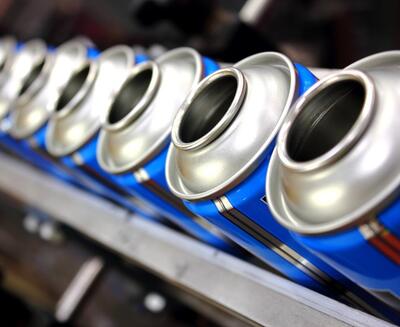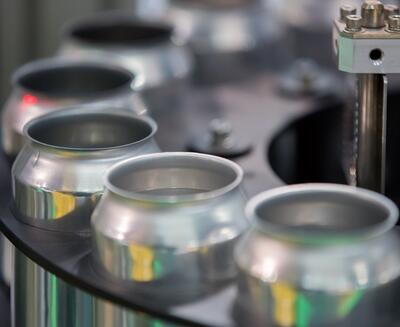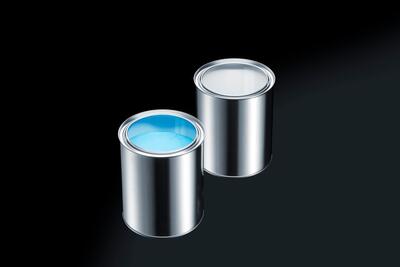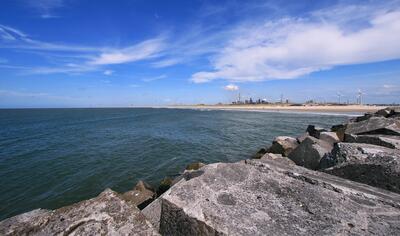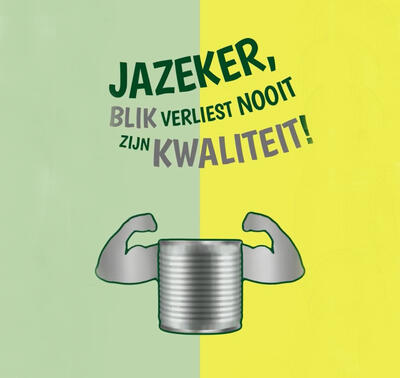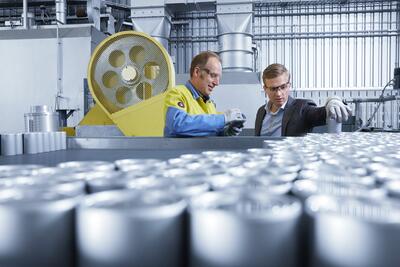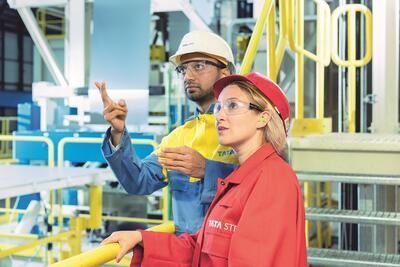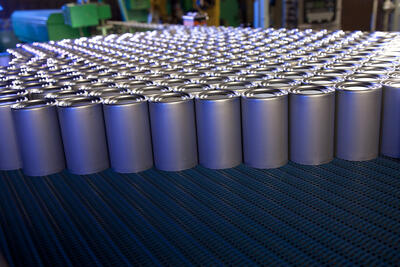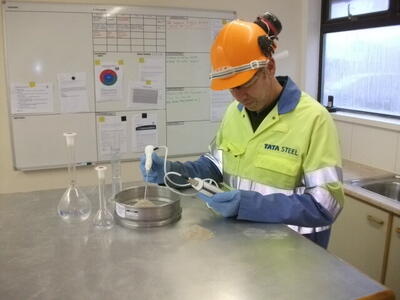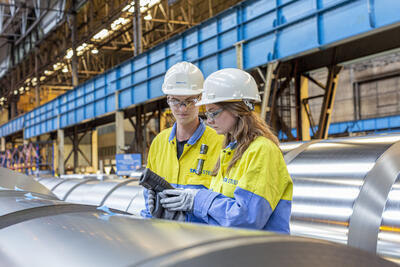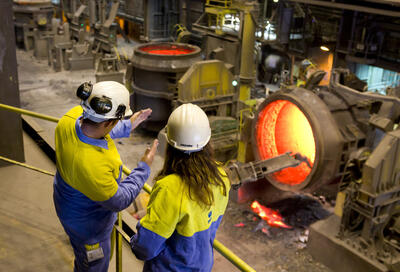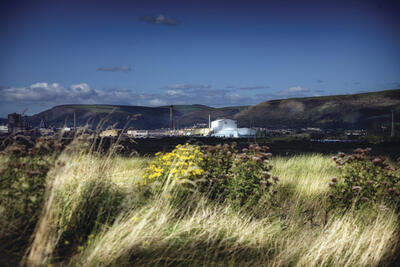An influential industrial group has written to the UK Government about the impact of high energy costs, policy uncertainty and the risks of carbon leakage.
In an open letter to Sarah Jones MP, Minister of State for Industry & Decarbonisation, Britain’s Energy Intensive Industries User Group - that includes sectors from steel and cement to glass and ceramics, chemicals and refineries to paper and industrial gases - has said it supports the Government’s ambitions to boost economic growth and meet the Net Zero target.
It continued: "As large employers in industrial communities, these sectors will play a critical role in the Government’s ambitions as these industries look to invest in decarbonisation technologies.
"Their ability to do this, however, is held back by relatively high electricity costs, policy uncertainty and risk of carbon leakage that has often made investment in the UK uncompetitive."
"The UK Government should bring forward further measures to reduce energy costs as early as possible, including further increases in network charge relief for EIIs, to ensure a level playing field with competitors across Europe." Tata Steel UK
The open letter suggests options of what policy changes the Government can make to address the issues raised to stimulate investment in decarbonisation technologies and support economic growth.
In its own Policy Briefing document, Tata Steel UK says that the UK Government should bring forward further measures to reduce energy costs as early as possible, including further increases in network charge relief for EIIs, to ensure a level playing field with competitors across Europe.
"Whilst initial measures will reduce policy and network costs for energy intensive industries like steel, it has fallen short of what is provided in Germany and France, which exempts industry from up to 90% of network charges compared to the UK’s lower 60% compensation scheme."
Tata Steel UK goes on to say: "We welcome the initial steps taken to reduce business energy costs, including an exemption on energy levies and further relief on network charges.
"Whilst these measures will reduce policy and network costs for energy intensive industries like steel, it has fallen short of what is provided in Germany and France, which exempts industry from up to 90% of network charges compared to the UK’s lower 60% compensation scheme.
"Similarly, the Ofgem Targeted Charging Review (TCR) has led to a considerable increase in the network costs faced by Energy Intensive Industries and for Tata Steel UK’s Electric Arc Furnace (EAF) project.
"The UK steel industry will also continue to face higher wholesale electricity prices than its main European competitors due to a high proportion of gas in the UK power-mix."
"Long-term reforms are needed to bring down delivered electricity prices beyond 2024, including wholesale market reforms focused on improving energy security, by developing a high degree of domestic energy production mainly from renewables, in addition to stable and affordable prices for industry."
OPEN LETTER TO Minister Sarah Jones:

Arjan Geveke, Director Energy Intensive Users Group
The Energy Intensive Users Group:
The Energy Intensive Users Group (EIUG) is an umbrella organisation that represents the interests of energy intensive industrial (EII) consumers. Its objective is to achieve fair and competitive energy prices, ensure security of energy supply and cost-effective decarbonisation of British industry so that they can continue to compete internationally.
The EIUG represents EIIs including manufacturers of steel, chemicals, fertilisers, paper, glass, cement, lime, ceramics, and industrial gases. EIUG members produce materials which are essential inputs to UK manufacturing supply chains, including materials that support decarbonisation of the energy, transport, construction, agriculture, and household sectors. They add an annual contribution of 29bn GVA to the UK economy and support 210,000 jobs directly and 800,000 jobs indirectly around the country.
These foundation industries are both energy and trade intensive and continuing to invest in the UK. In able to compete globally, energy intensive industries need secure, internationally competitive energy supplies and measures to mitigate the risk of carbon leakage. However, inward investment, growth and competitiveness have been hampered for years by UK energy costs being higher than those abroad. This has increased the risk of carbon leakage and deterred investments in decarbonisation. In some cases, investment, economic activity, emissions and jobs have relocated abroad, leading to a subsequent increase in imports, decrease in productivity and reduction in UK GDP.
The UK steel sector:
Produces 5.6Mt of crude steel a year, equivalent to 70% of the UK’s annual requirement (annual demand of 7.6Mt in 2023, of which 40% was met by domestically produced steel)
Employs 33,700 people directly in the UK and supports a further 42,000 in supply chains
The median steel sector salary is £37,315, 26% higher than the UK national median and 35% higher than the regional median in Wales, Yorkshire, and Humberside, where its jobs are concentrated
Directly contributes £1.8 billion to UK GVA and supports a further £2.4 billion
Directly contributes £3.4 billion to the UK’s balance of trade 96% of steel used in construction and infrastructure in the UK is recovered and recycled to be used again and again.
Follow us on social media







